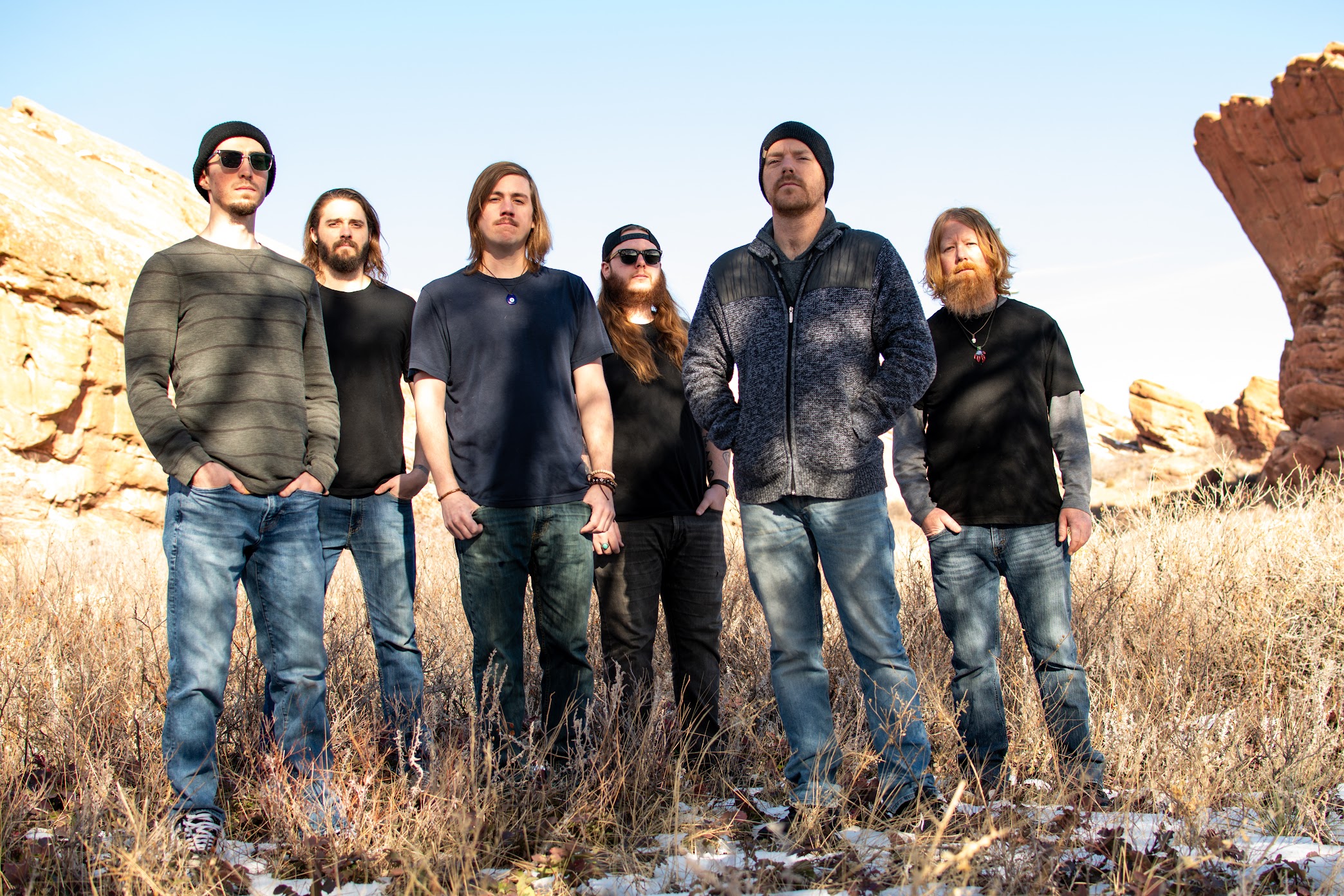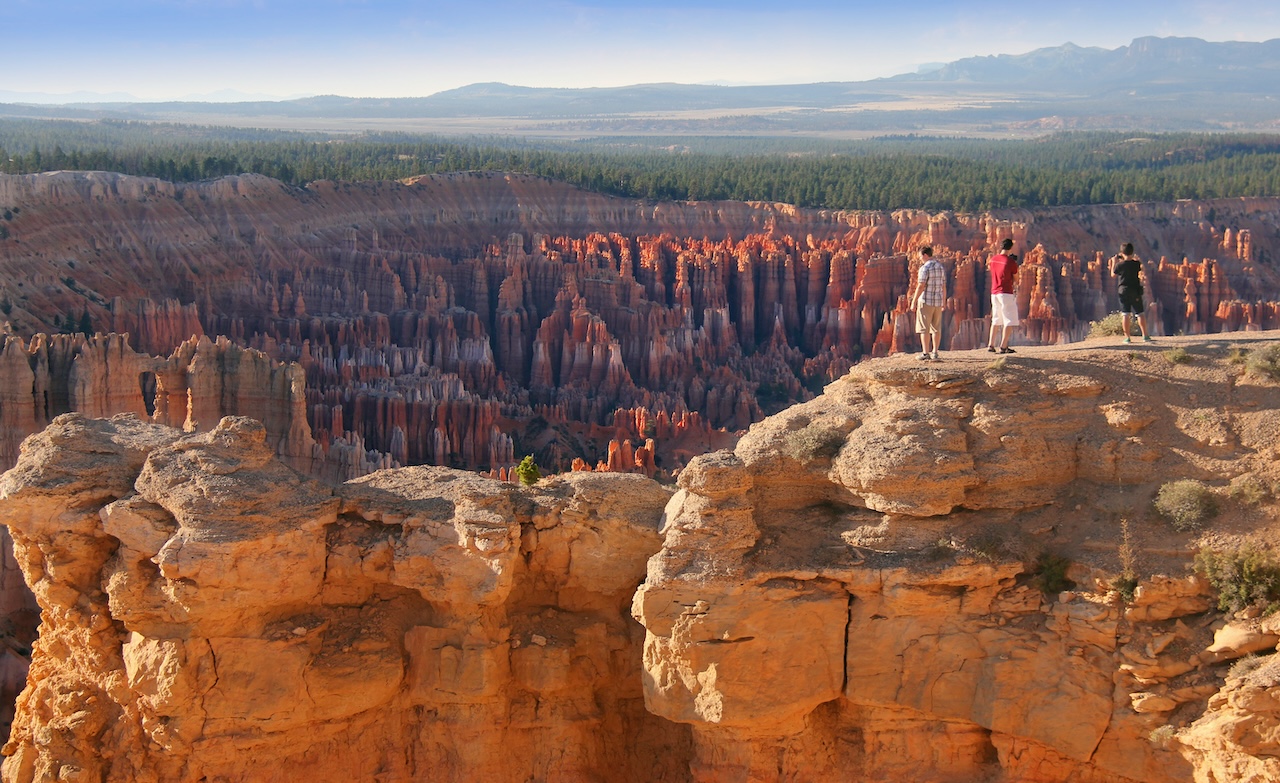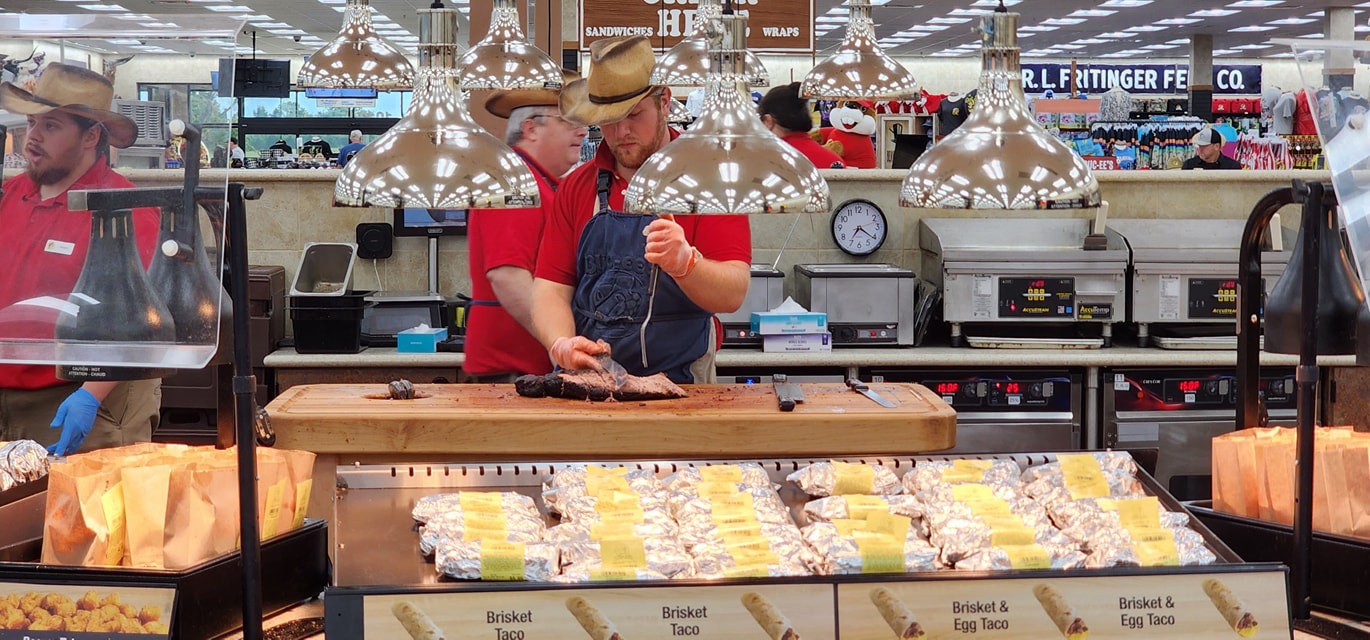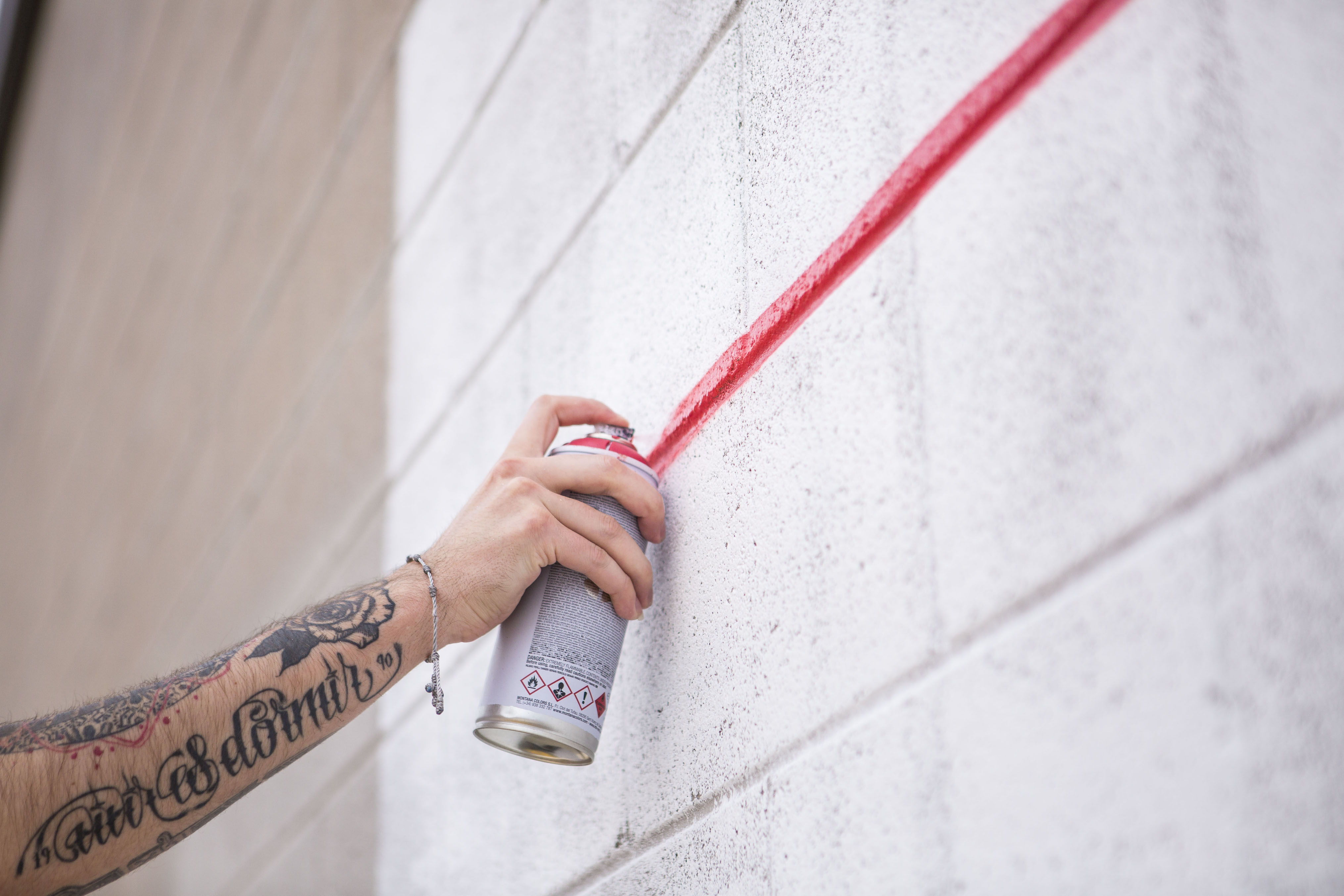In these uncertain times, many livelihoods are in limbo, stalled out or maybe even gone for the foreseeable future. This, of course, includes artists and creatives of all kinds, most of whom rely on freelance commissions. In Denver, this sudden decline in the creative field has a big price tag. Based on studies conducted by the Colorado Business Committee for the Arts (CBCA), there were over 11,000 arts-related jobs in the metro Denver area as of 2017, accounting for just over $183 million in payroll. That’s a lot of paychecks that are going to be impacted by weeks-long closures, event cancellations, missed art receptions and whatever else may happen in the coming weeks.
Fortunately, people in the creative fields are just that — creative. They find ways to adapt and continue to imagine possibilities for the future. Even though the initial realization of the gravity of the situation shocked the arts and culture communities, efforts and motivation have doubled in the last week, resulting in a blossoming of alternative paths through this crisis.
As Kelly Dunkin, the executive director of the Denver-based Community First Foundation remarked, “this is a challenging time for everyone, and we are being called upon to change the very fabric of how we live our lives. By finding new ways of doing business and new ways of showing up for one another, we can get through this, and maybe even emerge better than we were.”
Read on for more information about how to apply for funding and assistance during this time. Share this article to your friends or family members who might have money to donate as well, since most of these organizations allocate funds based on donations.
READ: Musicians and music industry employees, check out this guide of resources catered to you.
*If you are an organization offering assistance to artists and creatives in Denver and are not listed, please comment on the article with the relevant information to be added.
Essential Links
- COVID-19 and Freelance Artists Resources
- Colorado Business Committee for the Arts (CBCA) Resource List
- Colorado Department of Labor and Employment COVID-19 Resource List
- Creative Capital List of Artist Resources During COVID-19
- Colorado Creative Industries Grant Opportunities
- New York Foundation for the Arts Emergency Arts Grants List
Local Campaigns
IMAGINE 2020 Artist Assistance Fund: Denver Arts & Venues just created an individual artist assistance fund to support people experiencing immediate, unforeseen needs due to COVID-19. The total amount of funding allocated for this in total is $130,000 with grants of up to $1,000 for each applicant. Applicants must live in Denver and have incomes adversely affected due to the cancellation of events, performances, gallery showings and other creative work. Find more information and apply here.
Denver Metro Area Artist Relief Fund: Inspired by a similar campaign in Seattle, the Denver Metro Area Artist Relief Fund was organized by Merhia Wiese, Andrew Novick, Marnie Ward, Kia Ruiz, Quana Madison and Molina Speaks to offer financial assistance to Denver-based artists. It’s a GoFundMe campaign (donate by clicking here), and artists who apply for assistance are reviewed by the founding panel based on a “point system” to ensure fairness. The first 20 awardees were announced on March 17 and more will be announced as more donations are given. The fund is designed to help with needs like “medication, food, gas, utilities,” as Wiese explained. “If they have an immediate need for $80 to go pick up a prescription, they should tell us. The more detail the better.” Find more information about applying in the future here.
Colorado Artists – Talents and Skills Spreadsheet: Organized by Amber Blais of Rainbow Militia (a performing circus troupe) this spreadsheet is designed to open opportunities for alternative forms on income for artists experiencing displacement from their normal routine and pay schedule. Artists are invited to add themselves to this spreadsheet, and others in the community are encouraged to look through this spreadsheet when they need to hire people for odd jobs.
Black Cube Video Art Competition: The local nomadic art museum Black Cube has stepped up with a clever way to allocate some money to Colorado-based artists by offering a contest with cash prizes. They invite all artists to submit a video, especially new works that “respond to the current moment.” The video can be up to 20 minutes long, but must have a 60-second clip to share on social media. Ten winners will receive $200 each and the videos will be shared through Black Cube’s social channels. The deadline to apply is April 10. Find more information here and submit a video here.
Colorado Comedy Relief Fund: Put together by Josue Flores, this GoFundMe campaign is geared at helping local comedians during a time when all of their performances have been canceled. The goal is to reach $100,000 and as of this publishing date, there was almost $2,000 raised from 31 donors. At this time, comedians who need help are encouraged to contact Flores. Donations to the campaign can be made here.
RiNo Support Fund: This fund was announced after the original publishing date of this article. It’s organized by the RiNo Art District for galleries, artists, makers, creators, teachers, performers, local businesses and more — as long as they reside in the art district. They are offering micro-grants between $500 and $2,500 that are awarded via an application process. Grant awardees will also be gifted a free year-long membership to the district. Preference will be given to applications filed before April 10. Find more information and apply here.
Grants
Arts and Culture Leaders of Color Emergency Fund: Reserved for those in leadership roles in the arts and culture sector who are also people of color. Fill out a form to see if you qualify for a $200 stipend here.
Authors League Fund: No-strings-attached “loans” provided to professional writers who need to pay for “pressing expenses.” Even though it’s considered a loan, repayment is not required. Find more information and apply here.
CERF+ Emergency Relief Fund: CERF+ calls itself “the artists safety net” because it offers an extensive amount of support to artists at all times of the year. Its emergency relief fund requires that “a career-threatening emergency” has occurred. Any applicant must fill out an emergency assistance inquiry, after which the applicant will either be invited to apply or not. These emergency grants do not have the same restrictions as others (i.e. only for medical bills) so it’s worth applying in these circumstances. Find more information and fill out the form here.
Climate Equity Fund: This grant with awards expected to range from $5,000 to $50,000 will be awarded to innovative local projects that reduce greenhouse gas emissions. There is special priority to projects that also meet the needs of communities who are affected most by climate change. The Climate Equity fund comes from The Denver Foundation and the Loewy Family Fund. The deadline to apply is May 1, 2020. Find more information and apply here.
Foundation for Contemporary Arts Emergency Grant: If you are a visual or performing artist you can apply for the FCA’s emergency grant and be awarded somewhere between $500 and $2,500. This program has been in existence since 1993, and each month the FCA gives out between 12 and 15 grants. More grants may be awarded during this time of crisis. Find more information and apply here.
Gottlieb Emergency Grant: The Adolph and Esther Gottlieb Emergency Grant program extends financial assistance to painters, printmakers and sculptors who have been in a “mature phase” of work for at least 10 years. The requirement is that an “unforeseen, catastrophic incident” has happened and the artist does not have the resources to pay for it. Seems pretty topical at the moment. There is no deadline and the maximum amount awarded is $15,000, although the average award of $5,000 should be expected. Find more information and apply here.
Pen America: An emergency fund that already exists for published or produced writers that offers $2,000. According to the organization, plans to “strengthen” the emergency fund during this time of crisis will come out on March 25, 2020. Find more information and apply here.
Rauschenberg Emergency Grants: These one-time $5,000 grants set up by the New York Foundation for the Arts and the Robert Rauschenberg Foundation go toward the payment of unexpected medical emergencies. The grants are available to any US citizen and reviewed on a monthly basis. Find more information and apply here.
Foundations
Bonfils-Stanton: Funding has already been released from this foundation, but it’s worth noting anyway. As of March 16, 2020, Bonfils-Stanton announced it would give 43 Denver-based organizations a one-time special grant based on 10% of the amount of the most recent grant the organization received from Bonfils-Stanton with an individual cap of $6,000. This is to account for lost income during the COVID-19 outbreak. “We fully expect that this action will need to be followed by other investments and we are prepared to do what is needed to support our community’s cultural vibrancy during this time of crisis,” said President and CEO Gary Steuer in a statement. More information and other announcements can be found here.
Community First Foundation: This locally-based foundation hosts ColoradoGives.org — a platform where over 2,500 nonprofits are vetted so donors know they are trustworthy — as well as offering financial assistance and grant opportunities all year long. At this time, the organization is “actively working on an emergency response that would allocate funds to nonprofit organizations serving those most in need,” as Kelly Dunkin commented. If you already have financial assistance from the Community First Foundation, contact them with your current needs.
The Haven Foundation: The entire mission of this foundation is to offer “interim financial assistance to freelance professionals in the arts who face crises.” It covers the entire US and includes freelance occupations like authors, actors, singers, dancers, directors, producers, choreographers, musicians, artists, screenwriters — all of which must be selling work or services by hour, day, job, or other freelance situation. Find more information about how to apply for assistance here.
State and Federal Relief
Unemployment Benefits: Anyone who is working fewer than 32 hours a week and is earning less than half of their average wage from the past year can apply in Colorado for unemployment benefits. Estimate your benefits by reading through this page here. Find more information and apply here.
Governor’s Task Force: Organized by Rox White, Rick Sapkin, Danielle Oliveto, Laura Warren and Kate Siegel Shimko, this committee’s purpose is to raise funds and provide relief to communities impacted by COVID-19. The official name is the Colorado COVID Relief Fund, and as of right now it has already raised over $2 million. There are three stages to allocating the funds — prevention, impact and recovery. Prevention includes covering the cost of medical supplies, homeless shelters, cleaning supplies and nursing home staff expenses and needs to be addressed immediately. The next phase of funding will cover early childhood education and childcare, technology assistance, food services, small business owners and organizations supporting laid-off workers. The final tier, recovery, will focus on economic recovery efforts for small businesses, mental health and behavioral health for vulnerable populations, volunteers and others — but not individuals. It is best to keep an eye out for nonprofits and organizations who will receive help from this fund and to request assistance from the benefited organizations. If you are interested in volunteering to help at-risk individuals through this relief effort, apply or contribute here.






Helping Actors and Production Crew Members during the Coronavirus Crisis. You can ask donations on our website, we will post your info.
https://www.castingagenciesdirectory.com